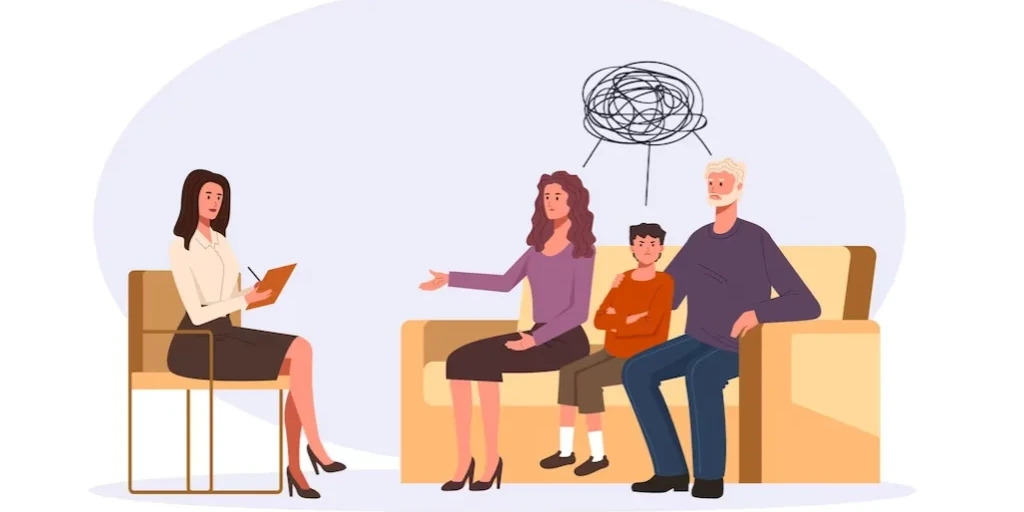24/7 Helpline:
(866) 899-221924/7 Helpline:
(866) 899-2219
Learn more about PTSD Treatment centers in Trenton
PTSD Treatment in Other Cities

Other Insurance Options

Excellus

Multiplan
Beacon

Holman Group

Absolute Total Care

Access to Recovery (ATR) Voucher

Choice Care Network

Aetna

Carleon

Molina Healthcare

Cigna

United Health Care

CareFirst

Humana

CareSource

Coventry Health Care

Optima

State Farm

Health Net

Ambetter














































